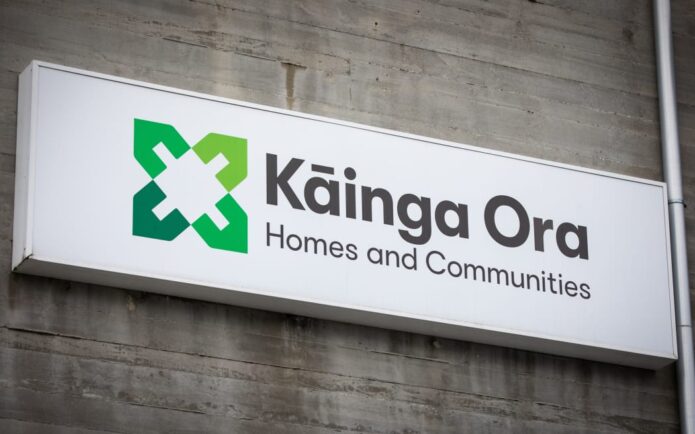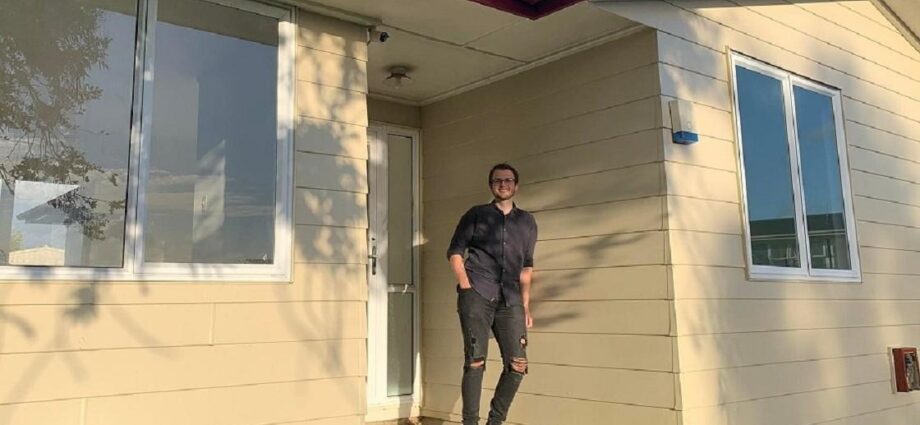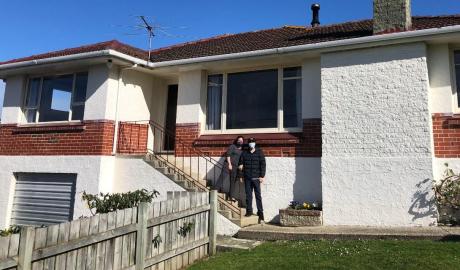PHOTO: Keelan Clark bought his 3-bedroom Mangere home for just over $800,000 at age 23. As a first-home buyer, confidence is key, he says. Photo credit: Supplied.
Having bought his first home at the age of 23, an Auckland man says a combination of good timing, research and confidence helped to get his offer accepted.
For Auckland-based loan writer Keelan Clark, buying a first home wasn’t a matter of if, but when. At 14, he started working part-time. Encouraged by his parents, who worked as bankers, he started saving and investing from an early age.
After two years of searching, and reviewing documents for over 170 houses, in September, Clark became the owner of a three-bedroom home in Mangere. He paid just over $800,000.
In June, Clark noticed the house, which was for sale by negotiation sitting on the market. The real estate agent told him a week earlier, the seller had turned down an offer close to $900,000.
Having done his research, Clark made a snap decision to put an offer in on the spot. It was conditional on him viewing the house and getting finance approved, as his lender did not provide a blanket pre-approval.
“I knew if I couldn’t get the loan, I could pull out and if I went and saw the house and it was full of holes, I could say it wasn’t to my satisfaction,” Clark told Newshub.
Researching what similar houses in the area were selling for allowed him to back up his offer with examples. He also mentioned the work required to bring the house up to scratch.
READ MORE VIA NEWSHUB
MOST POPULAR
 Abandoned land for sale
Abandoned land for sale Price of average Kiwi home cracks $1 million
Price of average Kiwi home cracks $1 million Developers bailing out of house buyer contracts via sunset clause
Developers bailing out of house buyer contracts via sunset clause NZ property sales plummet 21.7% | REINZ
NZ property sales plummet 21.7% | REINZ Prime Minister Jacinda Ardern is now a property millionaire
Prime Minister Jacinda Ardern is now a property millionaire Angela Bloomfield, actor and real estate salesperson
Angela Bloomfield, actor and real estate salesperson Bach sells for record $3.33m
Bach sells for record $3.33m Kiwibank will no longer accept pre-approved home loans for buyers with deposits smaller than 20 pct
Kiwibank will no longer accept pre-approved home loans for buyers with deposits smaller than 20 pct Global financial crash: China Evergrande heading for ‘bankruptcy in days’ | WATCH
Global financial crash: China Evergrande heading for ‘bankruptcy in days’ | WATCH ‘K-shaped’ economic recovery widening gap between haves and the have-nots
‘K-shaped’ economic recovery widening gap between haves and the have-nots

















